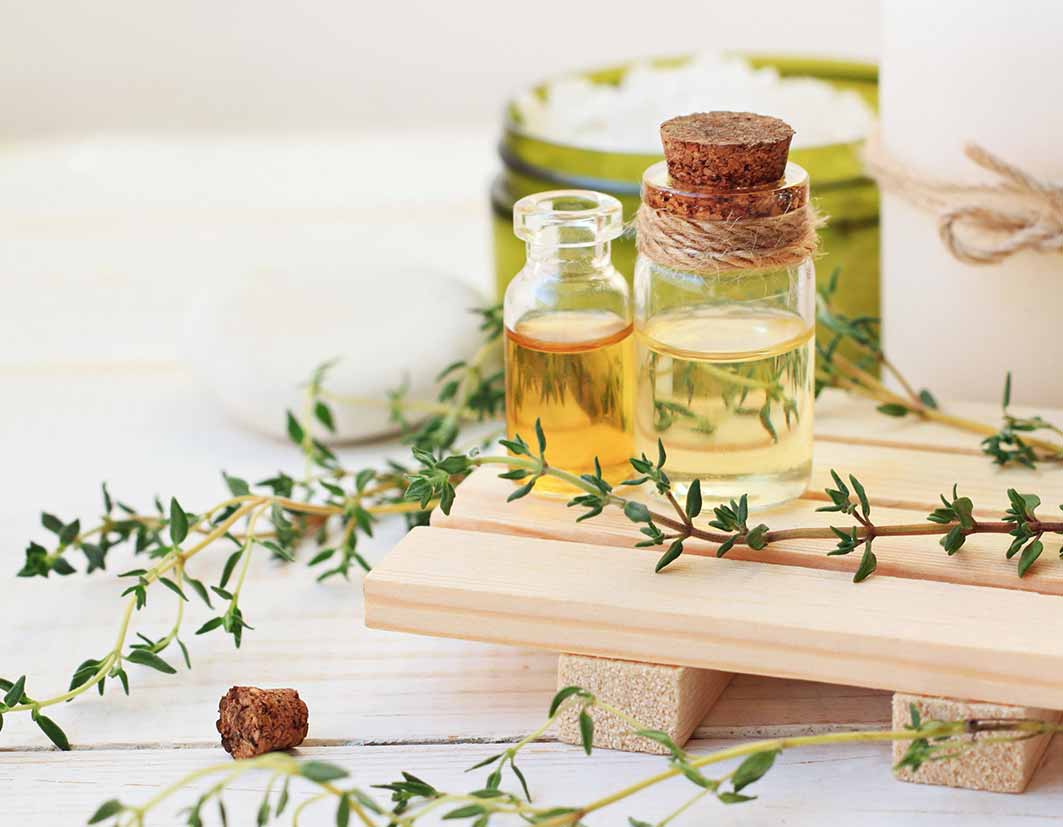The use of essential oils for therapeutic, spiritual, hygienic and ritualistic purposes goes back up to ancient civilizations including the Chinese, Indians, Egyptians, Greeks, and Romans who used them in cosmetics, perfumes and drugs. Oils were used for aesthetic pleasure and in the beauty industry. They were a luxury item and a means of payment. It was believed the valuable oils increased the shelf vigor of wine and better the taste of food.
Oils are described by Dioscorides, along behind beliefs of the era with reference to their healing properties, in his De Materia Medica, written in the first century. Distilled essential oils have been employed as medicines since the eleventh century, subsequent to Avicenna isolated valuable oils using steam distillation.
In the epoch of futuristic medicine, the naming of this treatment first appeared in print in 1937 in a French baby book on the subject: Aromathrapie: Les Huiles Essentielles, Hormones Vgtales by Ren-Maurice Gattefoss [fr], a chemist. An English explanation was published in 1993. In 1910, Gattefoss burned a hand totally revoltingly and well ahead claimed he treated it effectively later than lavender oil.
A French surgeon, Jean Valnet [fr], pioneered the medicinal uses of valuable oils, which he used as antiseptics in the treatment of offended soldiers during World proceedings II.
Aromatherapy is based upon the usage of aromatic materials, including valuable oils, and further aroma compounds, following claims for improving psychological or inborn well-being. It is offered as a substitute therapy or as a form of swap medicine, the first meaning closely good enough treatments, the second then again of conventional, evidence-based treatments.
Aromatherapists, people who specialize in the practice of aromatherapy, utilize blends of supposedly therapeutic vital oils that can be used as topical application, massage, inhalation or water immersion. There is no good medical evidence that aromatherapy can either prevent, treat, or cure any disease. Placebo-controlled trials are difficult to design, as the dwindling of aromatherapy is the smell of the products. There is disputed evidence that it may be operational in combating postoperative nausea and vomiting.
Aromatherapy products, and indispensable oils, in particular, may be regulated differently depending on their expected use. A product that is marketed in imitation of a therapeutic use is regulated by the Food & Drug Administration (FDA); a product in imitation of a cosmetic use is not (unless recommendation shows that it is unsafe in imitation of consumers use it according to directions upon the label, or in the tolerable or usual way, or if it is not labeled properly.) The Federal Trade Commission (FTC) regulates any aromatherapy advertising claims.
There are no standards for determining the air of vital oils in the associated States; even if the term therapeutic grade is in use, it does not have a regulatory meaning.
Analysis using gas chromatography and growth spectrometry has been used to identify bioactive compounds in vital oils. These techniques are skillful to put-on the levels of components to a few parts per billion. This does not make it feasible to determine whether each component is natural or whether a poor oil has been "improved" by the addition of synthetic aromachemicals, but the latter is often signaled by the pubescent impurities present. For example, linalool made in birds will be accompanied by a little amount of hydro-linalool, whilst synthetic linalool has traces of dihydro-linalool.
Aromatherapy - Luxe Day Spa Tampa
Aromatherapy Level 3 Online Course Association of Learning
10 Amazing Benefits of Aromatherapy Organic Facts




No comments:
Post a Comment